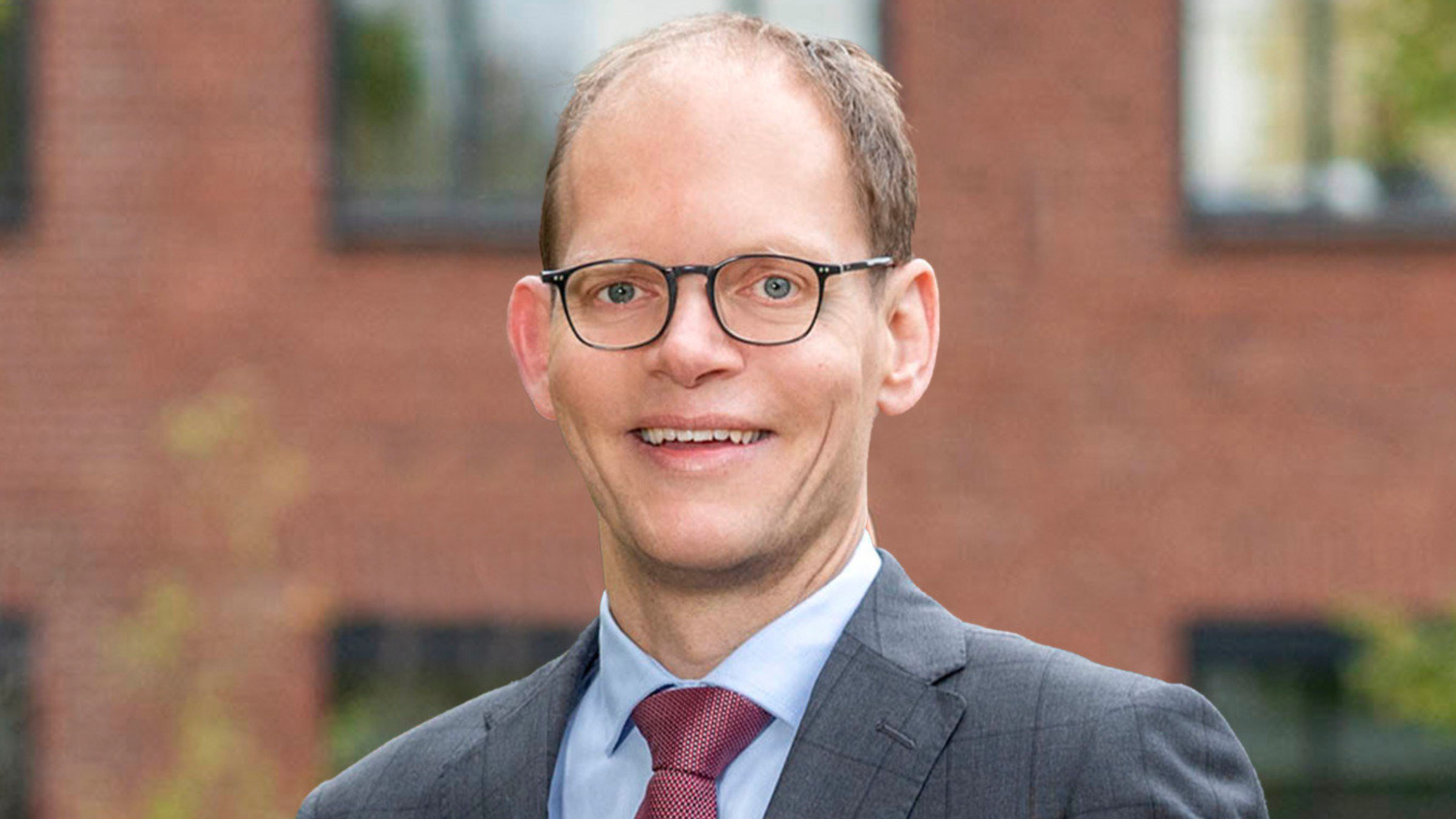
Amgen kicks off 2023 dealmaking with busy ADC upstart Synaffix
Amgen started off the new year with a bang, joining forces with ADC player Synaffix and agreeing to dole out as high as $2 billion in Synaffix’s largest ADC licensing deal to date.
The Dutch biotech — running in the same circles as ADC Therapeutics, Seagen, MacroGenics and Emergence Therapeutics — said Thursday that it secured a licensing deal with Amgen to develop new ADCs. As part of the deal, the Big Pharma gets access to Synaffix’s ADC platforms and technology, starting out with one ADC program. Amgen retains an option to exclusively license four more programs at a later date, but what those programs could be remains under wraps.
Unlock this article instantly by becoming a free subscriber.
You’ll get access to free articles each month, plus you can customize what newsletters get delivered to your inbox each week, including breaking news.